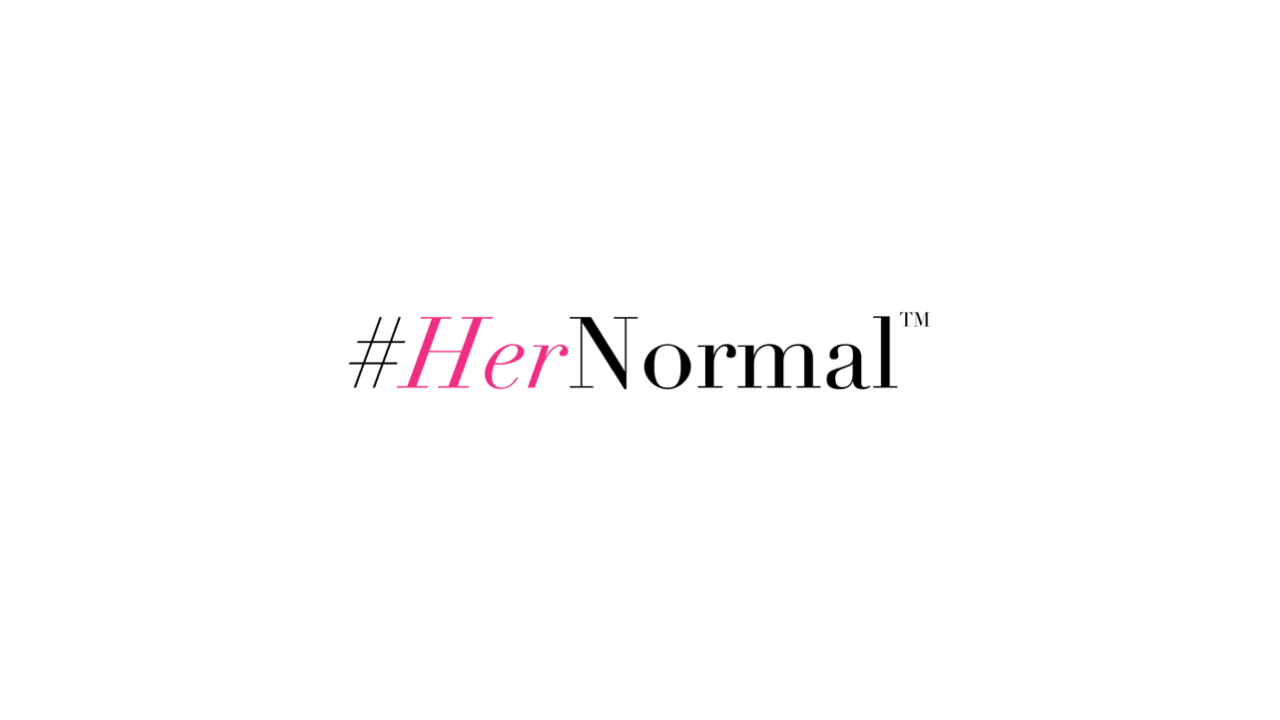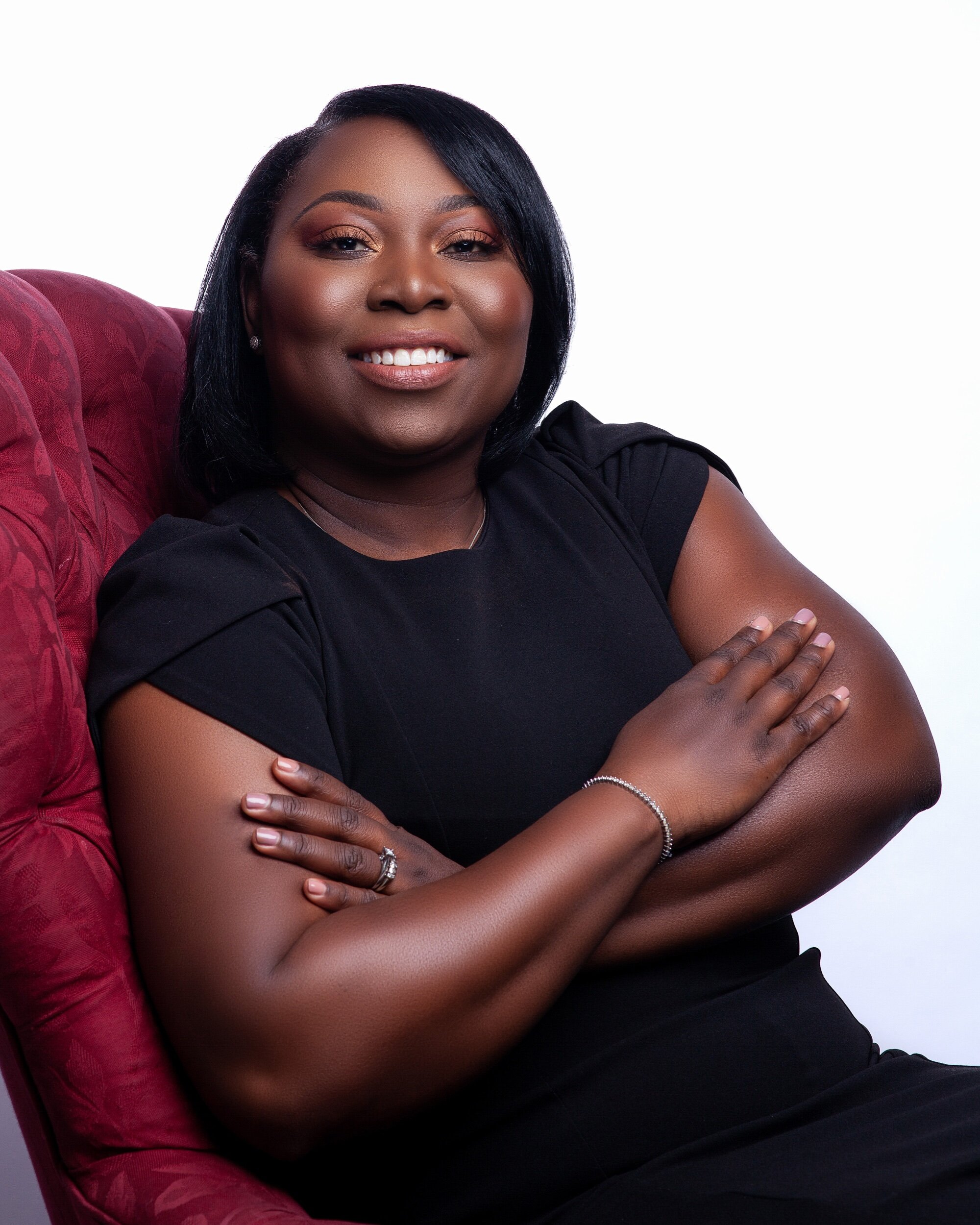“I believe you water the garden that you’re in.”
Chiquita Lockley
Chiquita Lockley is committed to empowering women. She’s the face and creator behind the documentary, “Eggs Over Easy: Black Women & Fertility.”
It all started with a trip to the gynecologist in 2016 and when the doctor simply said “Oh you have a birthday coming up. Your eggs are turning 41. Do you know what you want to do with them?”
That question left Lockley speechless. “I knew where my next vacation would be, where I was going for brunch that Sunday, I knew how my life was planned out for the next several months but eggs were not on that list,” said Lockley who never thought about her ovarian reserve, the eggs in her ovaries.
But it wasn’t until Lockley's favorite aunt questioned her about kids that really sparked her interest and research into fertility health.
As Lockley investigated, she discovered that there was just so much fertility information that she and the friends in her circle were either unaware of or just did not discuss publicly. That silence is nothing new in the Black community.
“We don’t talk about it and that goes back to slavery,” expressed Lockley. “In my research for the film, slave masters could make more money for an enslaved fertile woman of childbearing years. So there was more value placed on the woman who could bear children and so many would keep quiet.”
According to Lockley, four hundred years of that is what caused the silence around fertility and infertility.
To combat the stigma around fertility health and challenges, Lockley created the documentary, “Eggs Over Easy” with the hope that more women would talk about their fertility health with doctors and normalize those conversations with friends.
“I believe you water the garden that you’re in. The conversation starts with us, and wherever you are, water your garden, meaning talk to the people in your circle. If we don’t talk about it, then we can’t be there to support one another.”
In the film, women share their personal fertility stories as well as reproductive health options. By Fall 2021, Eggs Over Easy will be featured on the Oprah Winfrey Network (OWN).
Listen to what Lockley has to say to ambitious women who may want the career and baby.






